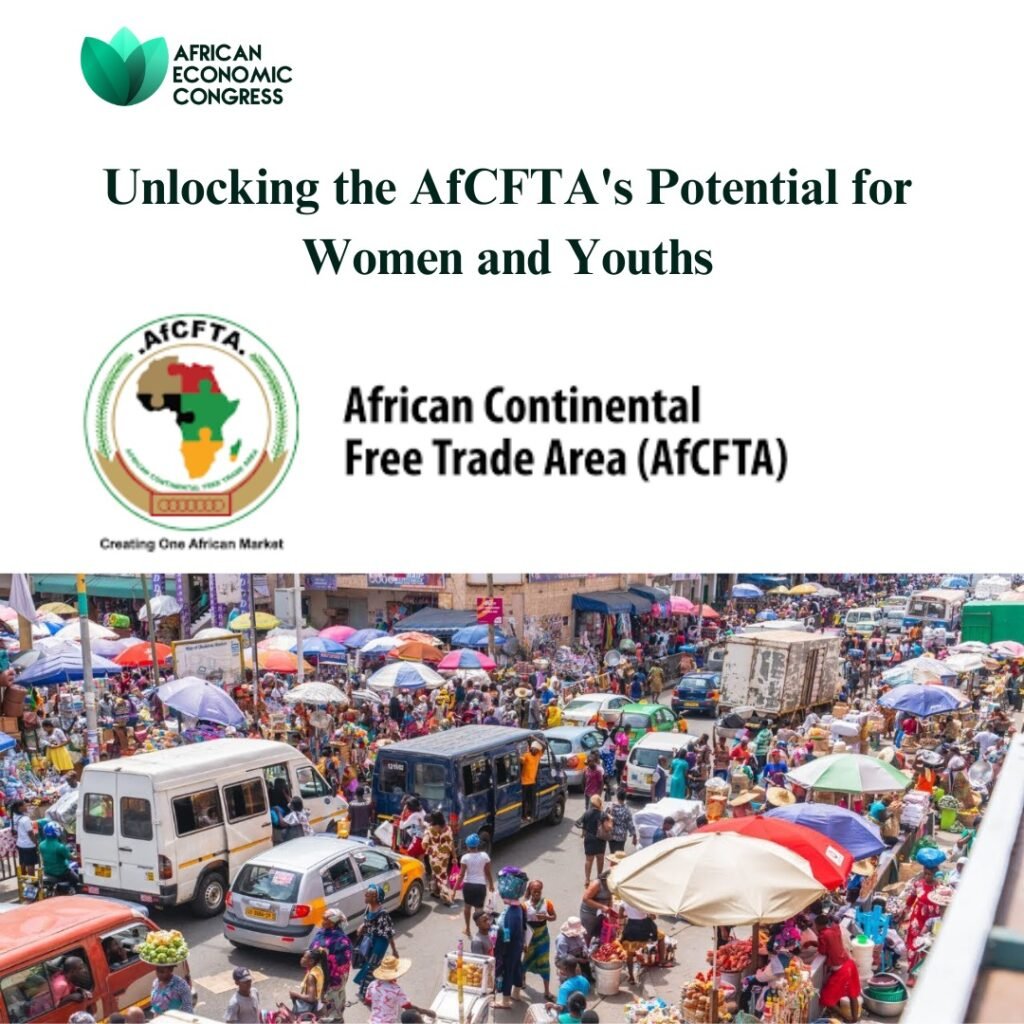Unlocking the AfCFTA’s Potential for Women and Youth
The African Continental Free Trade Area (AfCFTA), the world’s largest free-trade zone, is poised to revolutionize the continent’s economic landscape. With a market of over 1.2 billion people and a combined GDP exceeding $3 trillion, the AfCFTA offers immense opportunities for growth and development.
The United Nations Development Programme (UNDP) has been actively supporting the implementation of the AfCFTA at various levels, from national to continental. This support encompasses direct assistance to countries, training programs for small and medium-sized enterprises (SMEs), fostering cross-regional SME linkages, research initiatives, and the development of trade-enabling technologies.
A strategic partnership between the AfCFTA Secretariat and UNDP aims to leverage trade to catalyse Africa’s socioeconomic recovery from the COVID-19 pandemic. By promoting trade, the partnership seeks to drive sustainable development, particularly for women and youth, in alignment with the Sustainable Development Goals (SDGs) and the Agenda 2063 vision for the continent.
Key Objectives of the AfCFTA:
- Creating a single African market:
By eliminating most trade barriers and implementing common policies, the AfCFTA aims to facilitate the seamless movement of goods, services, people, and capital across the continent.
- Empowering businesses:
The AfCFTA seeks to create a more conducive environment for businesses, especially SMEs, to engage in trade.
- Addressing non-tariff barriers:
Measures such as customs delays and regulatory hurdles that hinder intra-African trade will be addressed.
- Building African expertise:
The AfCFTA will foster the development of African expertise in areas like intellectual property rights, investment, competition, and e-commerce.
- Reducing trade costs:
Lowering tariffs and taxes between member countries will contribute to a more competitive business environment.
- Enhancing trade infrastructure:
The AfCFTA will support the development of policies and infrastructure, such as roads and ports, to facilitate trade and related services.
The AfCFTA represents a significant milestone in Africa’s journey towards integration and development. By realizing its full potential, the continent can unlock new opportunities for economic growth, job creation, and improved livelihoods for its people.



